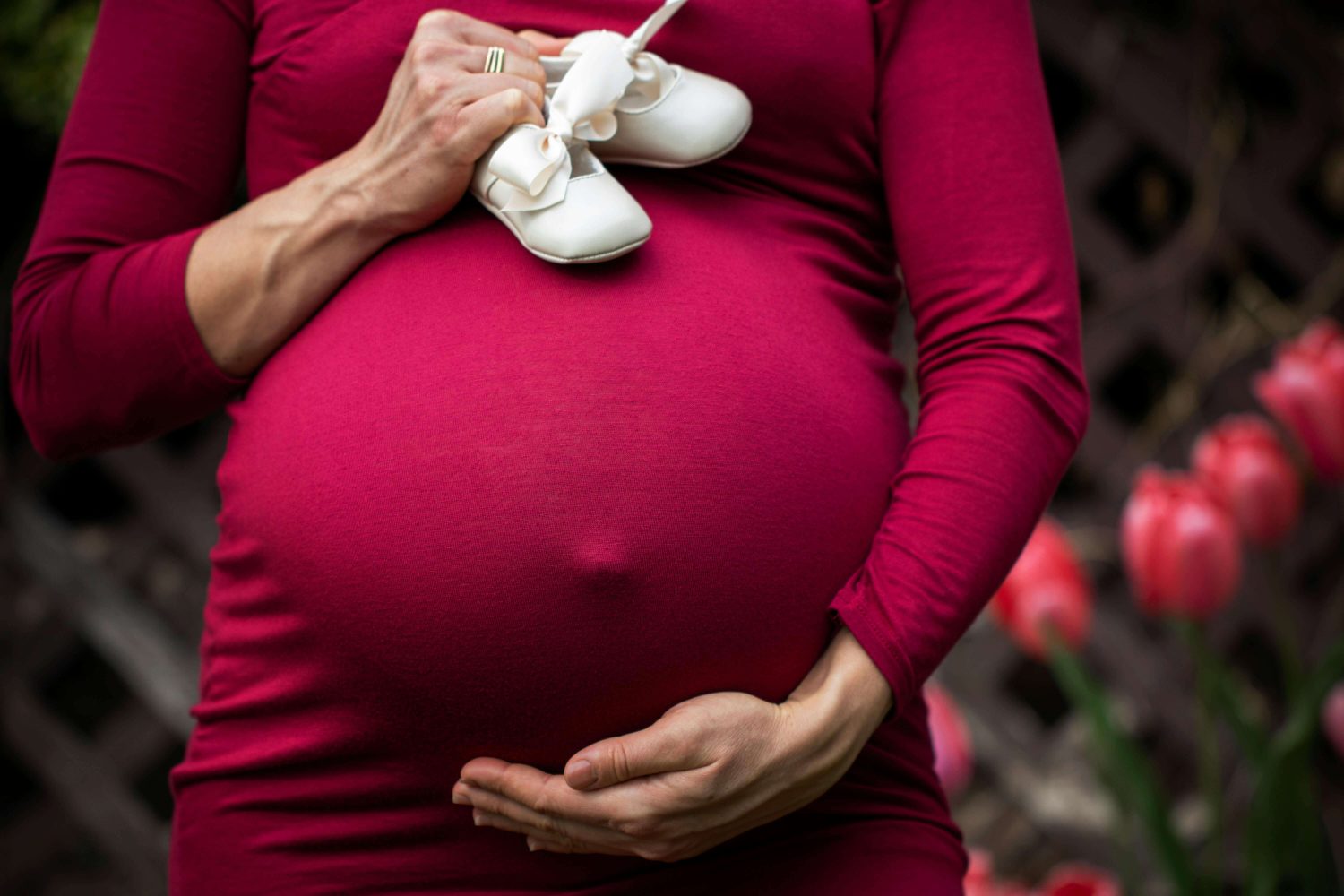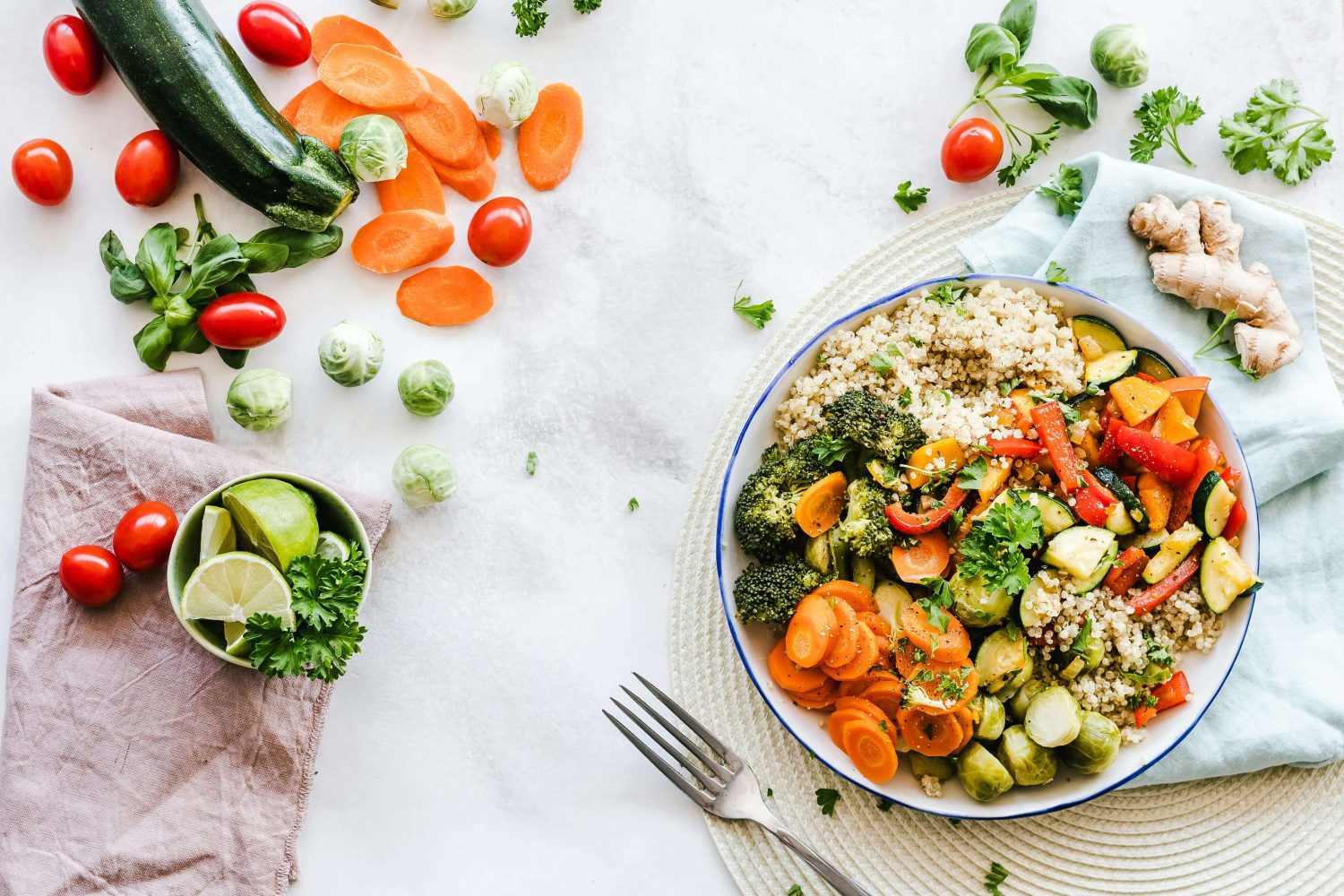Boosting your metabolism after pregnancy: relevance and instructions
Many women weigh more after pregnancy than before. But no matter what you do, the extra pounds just won’t go away. At least that’s how some women feel. That’s why it’s important to boost your metabolism after pregnancy. This article shows how this works and what can help.
Why is it necessary to boost your metabolism after pregnancy?
The phenomenon is by no means unique – most women have to deal with it after pregnancy. After the baby is born, the excess kilos just won’t go away. On average, women weigh up to 15kg more towards the end of pregnancy than before. After the birth, it is around 5-7 kg less. Nevertheless, the extra weight is a burden for some women – they would like to have their previous figure back.
This is partly due to water retention, which takes a certain amount of time to be flushed out. It is also quite natural for mothers to notice new fat deposits. These provide both the woman herself and her offspring with important nutrients during breastfeeding.
However, a third factor also plays a role: the metabolism can slow down during pregnancy. This is due to hormonal changes. In addition, a pregnant woman’s body needs more energy and other metabolic products for the baby’s growth processes and for the formation of new tissue. It is therefore also completely natural for the metabolism to change fundamentally during pregnancy.
The metabolism usually normalises itself after the birth. Women should give their bodies 3-6 months to do this. However, there are ways in which the metabolism can be boosted naturally after pregnancy.

How can you boost your metabolism after pregnancy?
If your metabolism is too slow after pregnancy, the first thing to do is to be patient. The body usually regulates itself. Nevertheless, there are a few tips that new mums can take to heart to boost their metabolism after pregnancy.
Nutrition
When it comes to metabolism, food is essential. In general, you should make sure you eat a healthy and balanced diet after giving birth. There are also certain foods that can specifically boost your metabolism after pregnancy.
Foods with empty calories, on the other hand, should be avoided. These include fast food, ready meals and sugary soft drinks. Although these contain a lot of calories, they provide no or no valuable nutrients.
It is not only important what you eat, but also how you eat. Regular meals are highly recommended as they keep the metabolism going. You should also chew your food thoroughly and not eat too hastily – even when everyday life with a baby can be very stressful.
Which foods can boost the metabolism?
High-quality proteins are an excellent way to boost your metabolism after pregnancy. These can be found in pulses, eggs, fish, meat, tofu or tempeh, for example.
Women should also eat enough fruit and vegetables after their pregnancy. These not only provide important vitamins, but also a lot of fibre. This has a positive effect on digestion.
Of course, carbohydrates should also be included. It is best to eat complex carbohydrates that the body burns slowly. These enable a slow release of insulin and maintain a stable metabolism. They also keep you feeling full for a long time, which prevents cravings. Good sources are potatoes, wholemeal bread, seeds and nuts.
Other foods that can boost your metabolism are coffee and green tea. However, these are not always the best choice after pregnancy if the mother is breastfeeding her baby. Although about two cups of tea are considered safe, every woman must decide for herself whether or not to consume caffeine while breastfeeding.
The same applies to chilli. The spice can stimulate the metabolism. However, the flavour and ingredients pass into breast milk, which can irritate the baby. Women should therefore be careful with strongly flavoured and spicy foods. However, some babies don’t mind the flavour.

Targeted compensation of nutrient deficiencies
During pregnancy, the need for vitamins, minerals and other nutrients often changes. Pregnant women generally need more micro- and macronutrients than before.
As a result, there is often a nutrient deficit if the diet remains the same. Most pregnant women sooner or later turn to supplements to compensate for this. This is essential for both your own health and that of your child.
However, the intake of nutritional supplements should always be discussed with the doctor treating you. This is the best person to determine whether there is a deficit and whether it should be compensated for with supplements. Pregnant women should never supplement themselves, as the risk of unwanted side effects is too high.
In addition, it is important for pregnant women and all other people to consider high quality supplements. Kingnature offers natural and high-quality products that have a high bioavailability – i.e. can be easily absorbed by the body.
Drink enough
Sufficient fluid intake is essential for anyone who wants to boost their metabolism. However, it is particularly important for new mums to drink enough. This is because breastfeeding – if the baby is breastfed – means that more fluid is consumed.
Exercise
The same applies to everyone: exercise can boost the metabolism. However, women should first discuss with their doctor after giving birth when exercise is OK again. Every pregnancy is individual. And so every woman faces different challenges after giving birth. A birth with complications takes more of a toll on the body than a problem-free labour.
In the case of spontaneous labour or a caesarean section, women have to wait around 2 months before training is possible. This is because the muscles in the pelvic and abdominal floor are not yet resilient. However, it can sometimes be advisable to wait even longer to avoid the risk of injury. An examination by a gynaecologist is essential before you start exercising again after pregnancy. If your gynaecologist gives the go-ahead, a postnatal course is an ideal option.
Yoga is also a popular choice for getting back into sport. This type of sport not only helps to get the metabolism going and burn calories. It is also considered a form of relaxation, which can be very important for new mums.
What should be done in most cases, however, are walks in the fresh air. These can boost your metabolism and have other positive effects on your health. The baby can also come along without any problems. Some sports are difficult to combine with a newborn.
Gentle endurance sports can also boost your metabolism after pregnancy. These include
Cycling
Swimming
Nordic walking
Sports that put strain on the pelvic floor – for example through jolting or jumping – should be avoided. These include volleyball or jogging, for example.

What should women who want to stimulate their metabolism after giving birth bear in mind?
If you have a slowed metabolism after giving birth and want to boost it again, you have a few options. However, new mothers should not try to regain their previous weight as quickly as possible. Many processes take place in the body that are essential for the health of the mother and child.
For example, a lot of energy is required after giving birth – especially if the mother is breastfeeding her child. Of course, every woman is different, but experts recommend consuming an additional 400-600 calories a day.
Most women only start to lose weight from the 4th month after giving birth – despite a healthy diet and exercise. Women should therefore not frantically try to boost their metabolism after pregnancy, but rather give their body the time it needs. Strict calorie counting or crash diets should be absolutely taboo.
Diets are not advisable when breastfeeding, among other things, because metabolic waste products are produced. These end up in the breast milk. What’s more, if you lose weight too quickly, there is a risk that your breast milk will reduce too quickly.
Conclusion
Pregnancy causes a lot of confusion in the female body. The metabolism often suffers as a result, making it difficult to get rid of the excess kilos after giving birth. While it is advisable not to lose weight too quickly and to give your body time, new mums can take steps to boost their metabolism after pregnancy. Above all, this includes a healthy amount of exercise, the right diet and sufficient fluids. If you are unsure, it is best to discuss this with your gynaecologist.
